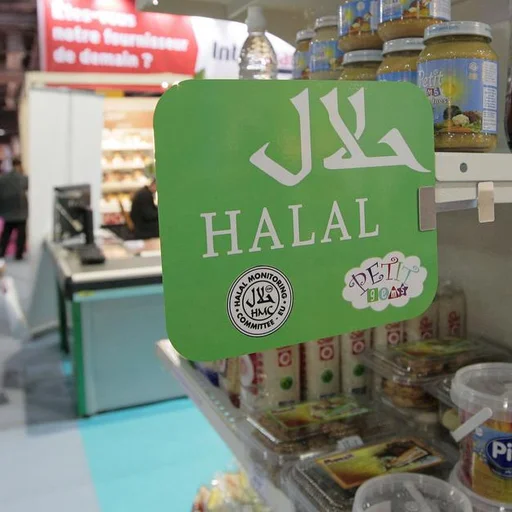During a recent Supreme Court hearing, the government of Uttar Pradesh voiced surprise about the frequent use of halal certification on items that are not meat. Solicitor General Tushar Mehta, representing the state, said he was “shocked” by this discovery. He argued that such certifications suggest products follow Islamic law, even when they are not meat. This statement was made as part of a legal challenge against Uttar Pradesh’s decision to ban halal-certified products.
The state’s legal team explained to the court their concerns regarding the use of halal certification beyond just meat products. They noted that they found it unusual to see items like vegetable oil and toothpaste carrying this label. The Uttar Pradesh government believes that this broad application of the certification may confuse consumers and unfairly sway their buying choices. This case began when companies, affected by the ban, filed legal challenges, leading the Supreme Court to request a response from Uttar Pradesh earlier in the month.
“I was shocked to see that products other than meat are also certified as halal,” Solicitor General Tushar Mehta stated. This remark highlighted the government’s main argument against the appropriateness of these certifications for non-meat products. The state wants to clarify the standards to make sure that labels accurately show what a product is. The Supreme Court is now carefully considering the arguments presented by both the state and the companies involved.
This legal conflict regarding halal-certified products shows the challenges of food labeling and religious practices in a diverse market. The results of this case could have a wide impact on many industries and could change how products are certified in India. In addition, the Supreme Court’s decision will probably affect manufacturers, consumers, and how the government oversees certifications. This case raises important questions about the information provided on product labels and its potential influence on consumer choices.
